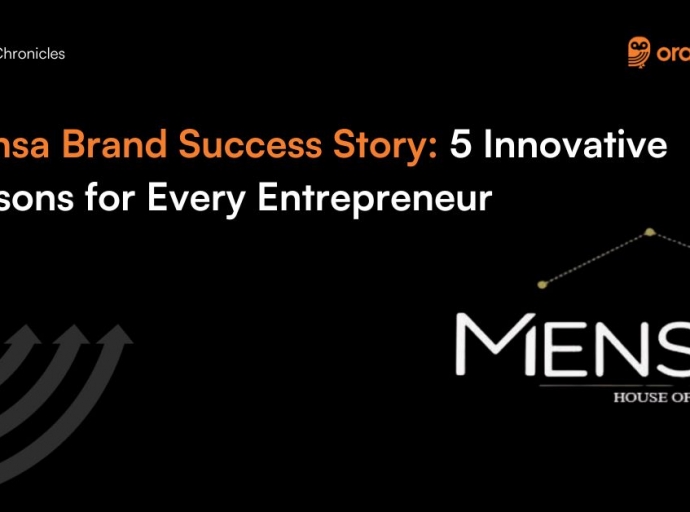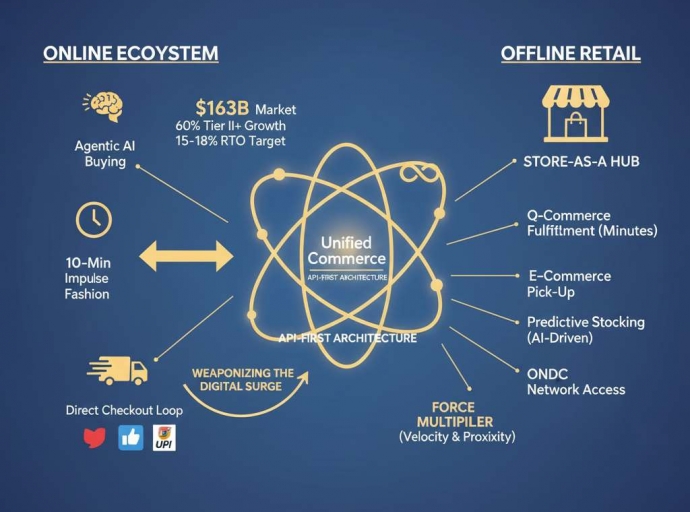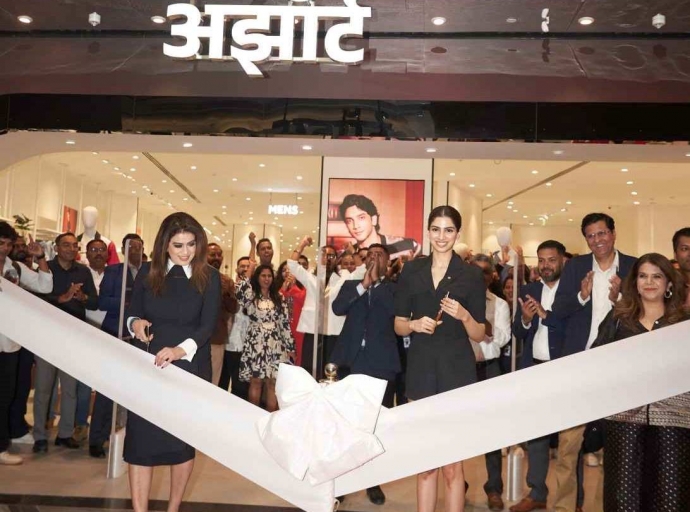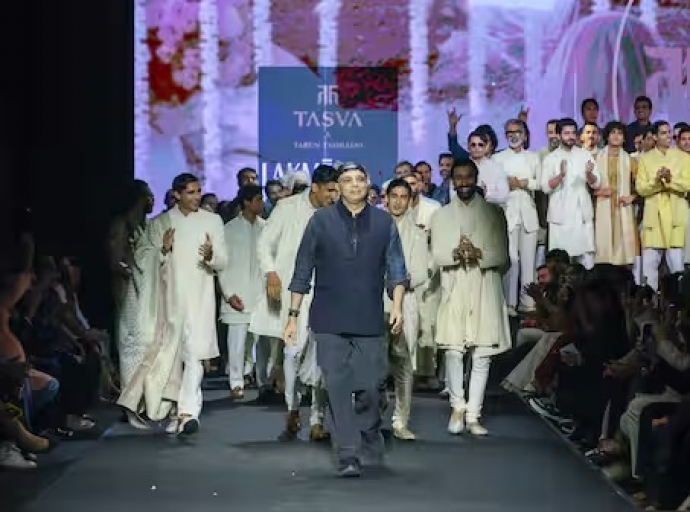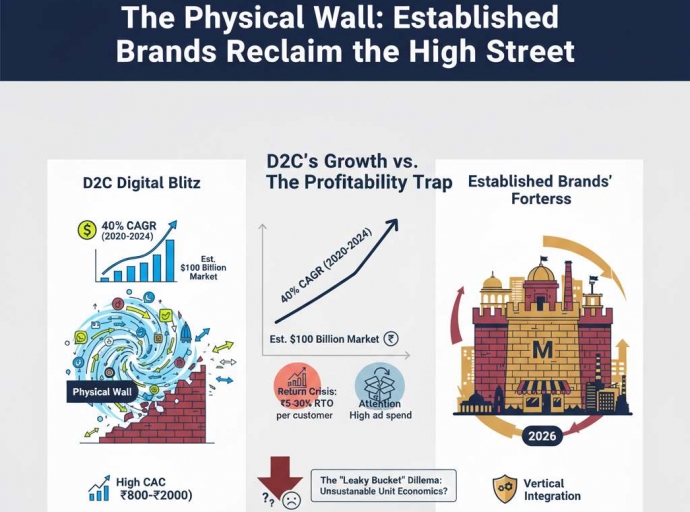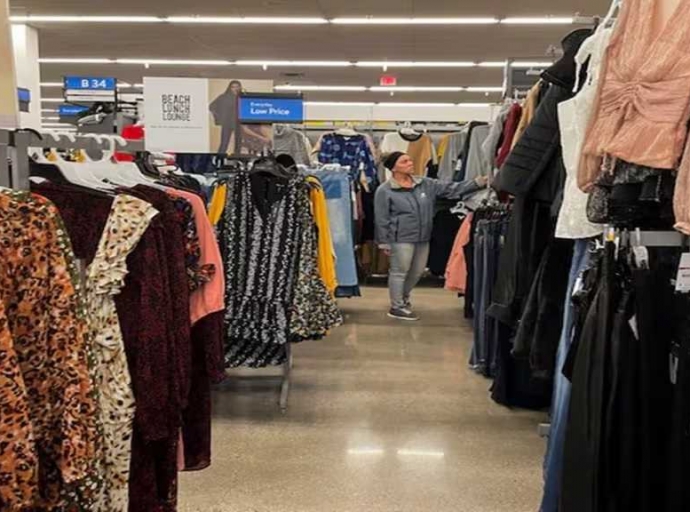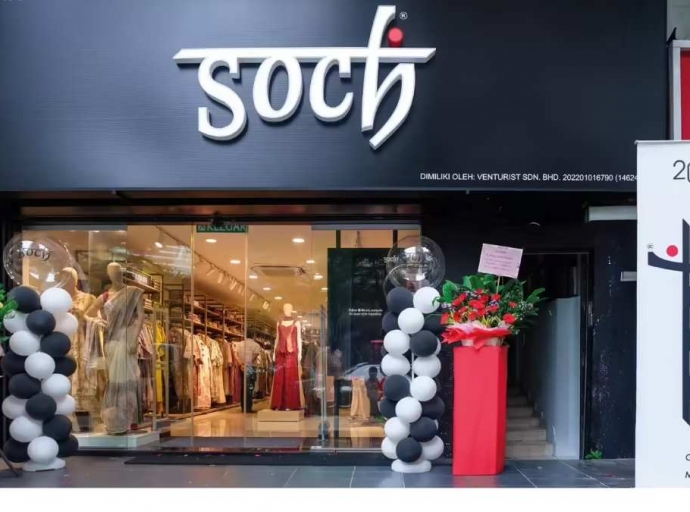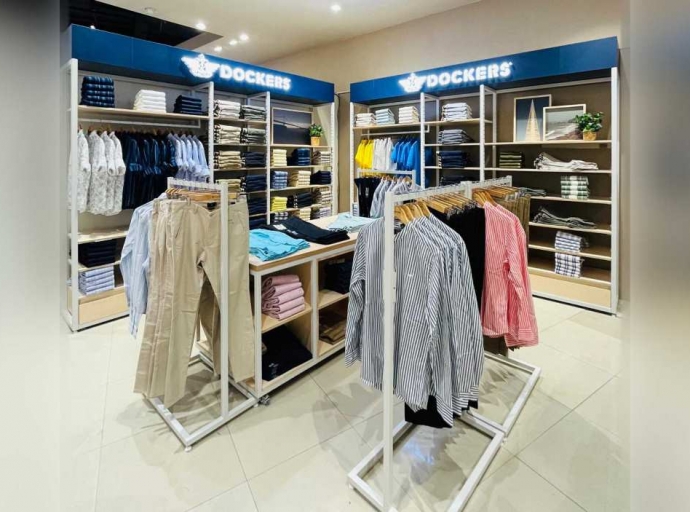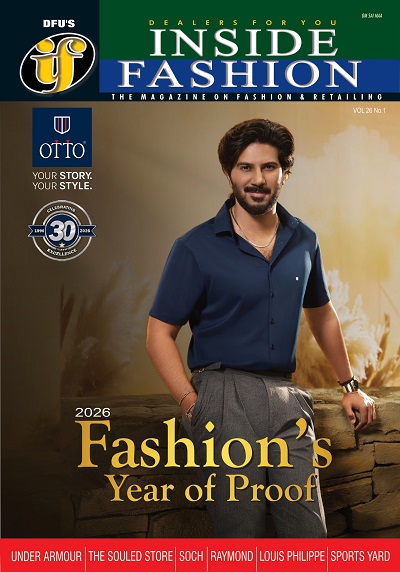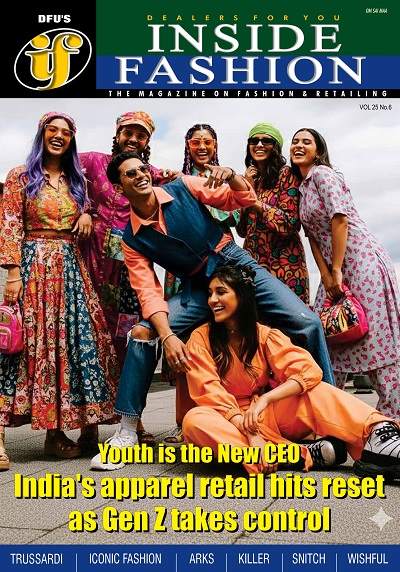The Union Budget 2026–27 has delivered a structural recalibration of India’s consumer economy, moving beyond short-term stimulus to address the fundamental supply dynamics of the fashion and retail sectors. By integrating upstream raw material security with downstream retail liberalization, the government is attempting to stabilize pricing cycles while making global fashion more accessible to the domestic buyer. As Kumar Rajagopalan, CEO of the Retailers Association of India (RAI), observes, the fiscal roadmap is not designed to stimulate consumption in the short term, but instead focuses on "shaping the operating environment for retail through fiscal consolidation, infrastructure investment, MSME enablement, and regional growth".
Fibre Security as a buffer against apparel inflation
The centerpiece for the fashion industry is the National Fibre Scheme, a comprehensive framework aimed at self-reliance across the spectrum, including silk, wool, jute, and man-made fibres (MMF).
By securing the domestic supply of yarn, the budget addresses the volatility in raw material costs that has historically forced retailers into frequent price hikes. Madhu Sudhan Bhageria, Chairman and Managing Director of Filatex India Ltd., views this as a "timely recognition of how the global textile industry is evolving," noting that for upstream manufacturers, these measures support a "more robust downstream ecosystem" and encourage long-term investments in capacity and quality.
This upstream intervention, combined with the Textile Expansion and Employment Scheme, allows fabric and garment makers to modernize traditional clusters through capital support for advanced machinery.
Rajagopalan notes that for the retail sector, the impact of such measures will be "gradual and uneven, driven more by improvements in supply chains and rural demand than by direct policy support". Rahul Mehta, Chief Mentor of the Clothing Manufacturers’ Association of India, adds that "enhanced scale and productivity could allow consumers to access better quality textiles at stable prices over time".
Join our group
Duty Rationalization: A fillip for global fashion & D2C
In a significant move for urban consumers and digital-first brands, the government has halved the customs duty on personal imports from 20% to 10%. This reduction directly lowers the landed cost for Indian consumers purchasing international fashion, footwear, and sneakers through global e-commerce platforms. Furthermore, the overhaul of baggage rules—increasing the duty-free limit for international travelers from ₹50,000 to ₹75,000—targets the aspirational middle class. These measures are expected to drive a surge in premium discretionary spending, providing a tailwind for international brands and domestic D2C players who rely on niche imported components.
DFU Profile
The rise of 'She Marts' and hinterland retail
To deepen retail penetration in the hinterlands, the budget emphasizes women-led enterprise development, including proposals that enable self-help groups to operate community-owned retail outlets. These 'She Marts' represent a new, organized distribution channel for apparel and consumer goods in underserved Tier-3 and Tier-4 markets. For established retail chains, these outlets offer a localized "last-mile" partnership model that bypasses traditional distribution bottlenecks. However, Rajagopalan cautions that the path ahead will require alignment with these structural shifts and "disciplined cost management," as the policy direction focuses on capacity building rather than a consumption-led stimulus.
Join our community
Sustainable foundations and rural wallets
The Tex-Eco Initiative marks a "Green Reset" to align Indian manufacturing with international environmental standards. Sanjay Jain, Group CEO of PDS Ltd, welcomes this as a strong signal of India’s ambition to emerge as a "global hub for sustainable and value-added textiles," a direction he believes will strengthen India’s global competitiveness. This improvement in rural purchasing power has a direct bearing on apparel volumes across both organized and unorganized formats. As the NITMA Secretariat concludes, the budget provides a roadmap to transform India into a "global manufacturing powerhouse while bridging the gap for inclusive development".
Visit for more
Retail Value Chain: Strengthening the core
The Indian textile and apparel sector serves as a massive economic engine, providing direct employment to over 45 million people. Current growth is focused on formalizing MSME clusters and expanding organized retail into Tier-2 markets. Under the Viksit Bharat vision, the government aims to position India as a $100 billion textile export powerhouse by 2030 through integrated hubs like the PM MITRA mega textile parks.



